As Paris reeled from the worst terror attacks since World War II, French officials said Saturday that at least one of the seven assailants—now all dead—had a Syrian passport in his possession, and that the men who stormed the packed Bataclan concert hall, where 89 of the 129 people who have so far died were killed, had driven there in a VW Polo car rented in Belgium with a Belgian license plate. All this suggested that the coordinated assault on Friday night involved a network stretching way beyond France.
More worrying, one of the dead attackers who stormed the concert hall was a French citizen, aged 30, who was well known to police, with a criminal rap sheet extending between 2008 and 2010. “He was considered a radicalized person and had a security report,” Paris prosecutor François Molins told reporters on Saturday night. Molins said the attackers were comprised of three coordinated groups, though he did not name the men involved, and did not say whether he believed any others were still on the run.
For many French, the admission that police had suspected one of the attackers of jihadist views echoed the Charlie Hebdo attacks in January. The three gunmen who killed 17 people in a series of attacks in Paris then were all found to have been known to French police for their militancy.
Speaking in Turkey at the start of a 10-day world trip, President Obama called the attacks an “attack on the civilized world” and pledged to stand with France as it hunts for more culprits. “We stand in solidarity with them in hunting down the perpetrators of this crime and bringing them to justice,” Obama said. “The killing of innocent people based on a twisted ideology is not just an attack on France, not just an attack on Turkey, it is an attack on the civilized world.”
European Union officials said they will hold special meeting on the Paris attacks next Friday, the Associated Press reports.
The Syrian passport discovered on the body of one of the three suicide bombers at the Stade de France on Friday night, belonged to a 25-year-old man who had crossed into Greece on October 3, landing on Leros island, a similar journey to that taken by hundreds of thousands of Syrians who have fled to Europe since early summer, the majority crossing by boat from Turkey. “We will continue the painstaking and persistent effort to ensure the security of our country and Europe under difficult circumstances,” Greek Citizen Protection Minister Nikos Toskas said in a statement on Saturday.
Molins said the attackers had mounted their terrifying assault using “war-type weapons” including .752-cal. Kalashnikov rifles and explosive belts containing TNT mixed with nitrogen peroxide and detonated with push buttons. He said closed-circuit cameras had led police to two vehicles used in the attacks, including the Belgian rental car. “This is only the beginning of the investigation, we are collecting testimony,” Molins said. “At this point it is important to keep a number of the investigations secret.”
In Paris late Saturday night, the lights on the Eiffel Tower went dark to mourn the victims.
French cabinet ministers huddled in crisis meetings with President François Hollande all Saturday. Flags flew at half mast, and there are three days of national mourning, with school outings cancelled and many public buildings shut. Interior Minister Bernard Cazeneuve said on television that under the national state of emergency Hollande declared on Friday night, French magistrates now have the power to declare curfews in specific areas or cordon them off, and that police could arrest “any individual who might threaten the actions of police authorities.” The French Army has deployed 1,000 additional troops to patrol Paris streets and stations, he said.
Hollande on Saturday termed the attack an “act of war” by ISIS, tough words that raised the possibility that France will greatly intensify its military strikes against the terror group. That phrase was an escalation from the mostly measured tones French officials have adopted over much of this year, as they attempted to focus more on surveillance and intelligence gathering about French jihadists, rather than risk provoking more attacks by mounting military action.
Witness Paris Mourn the Day After Deadly Attacks
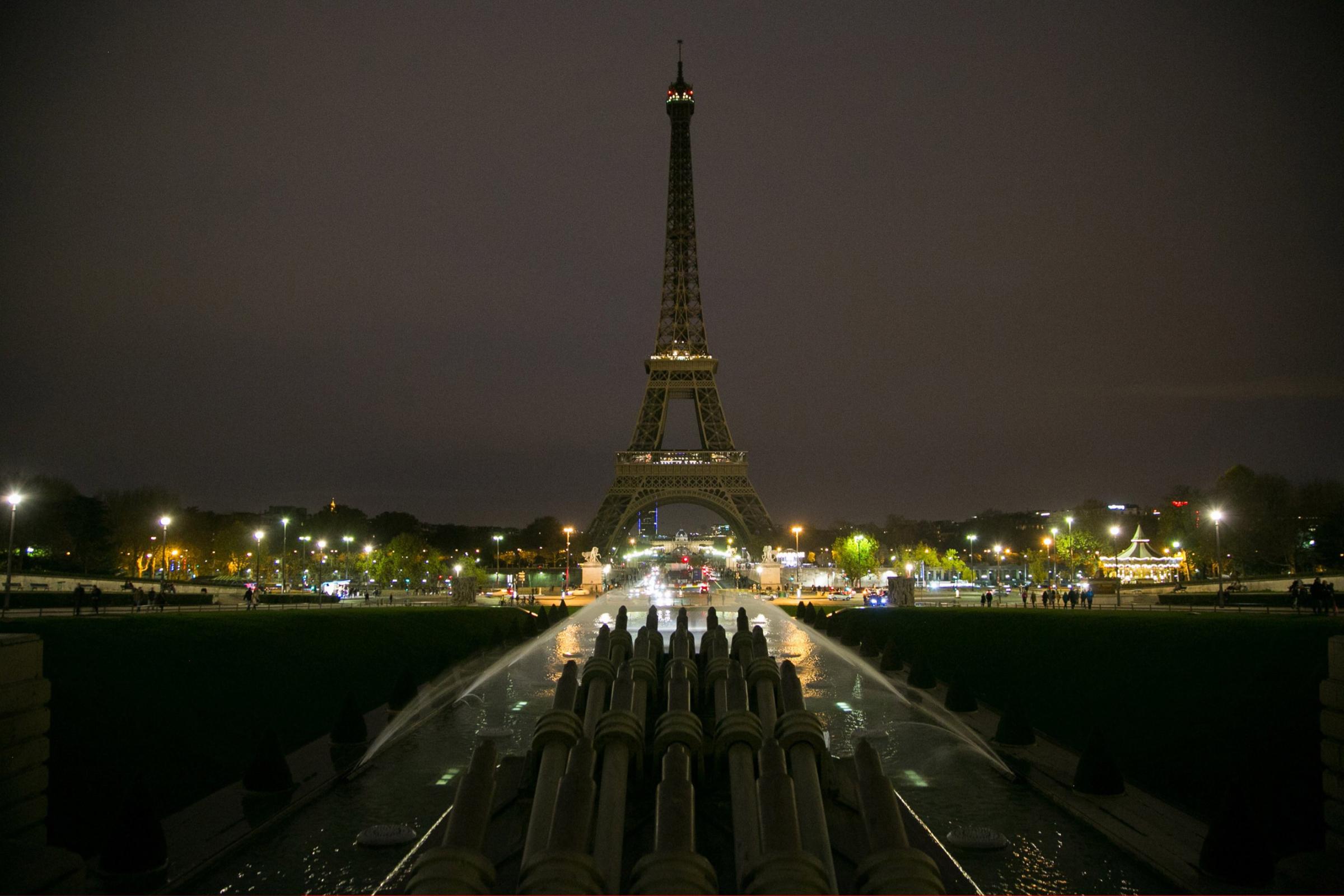
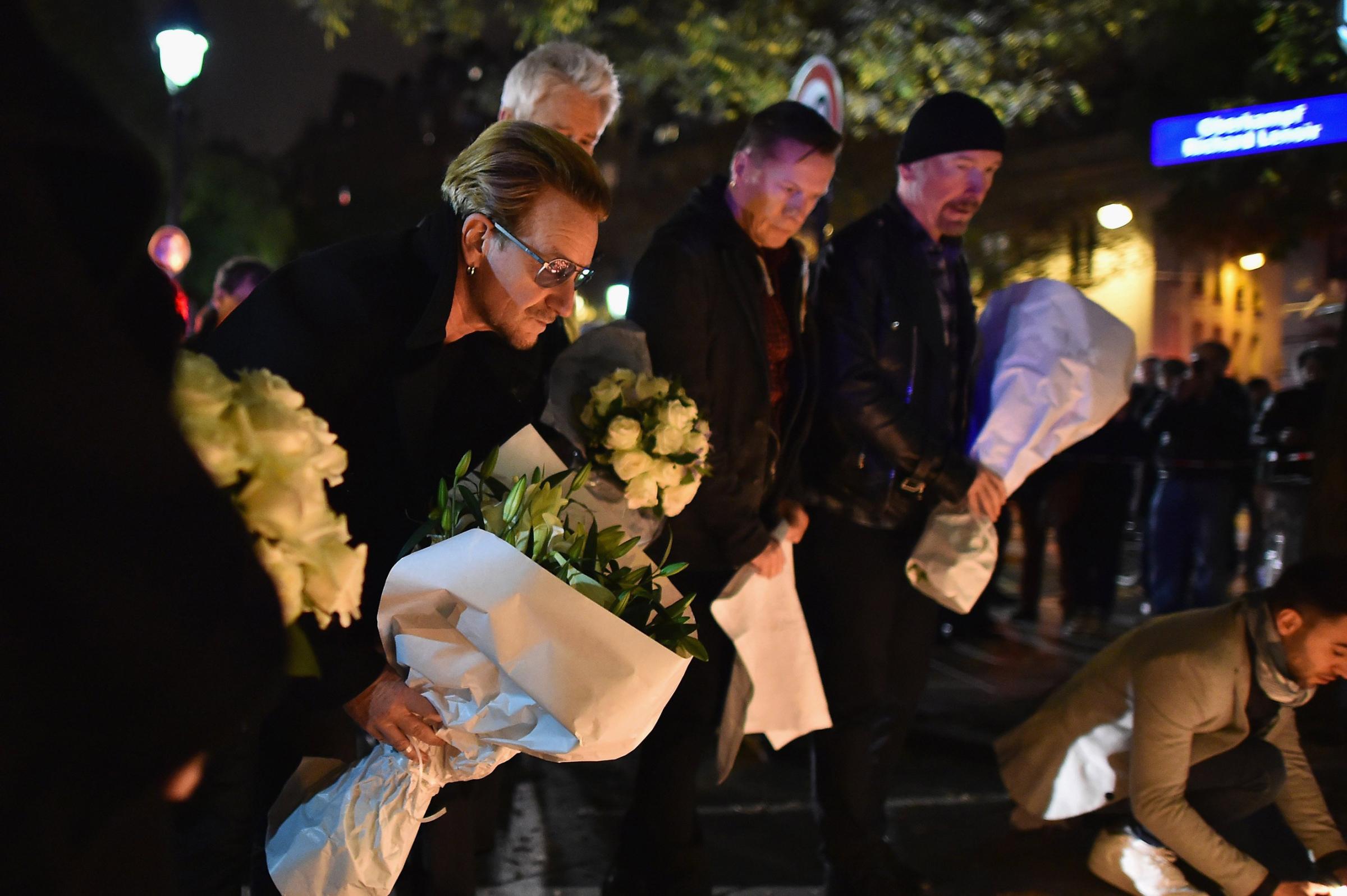
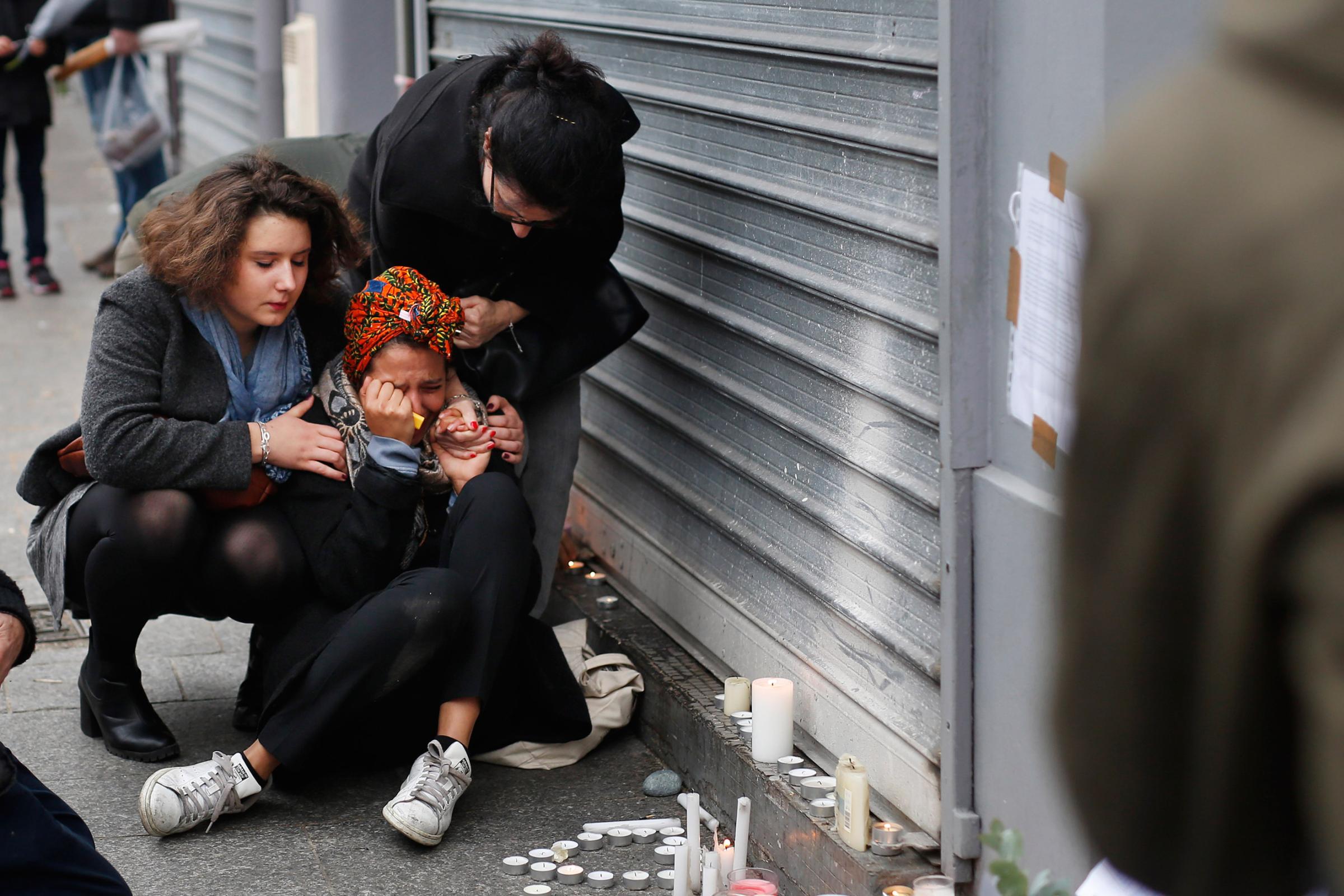
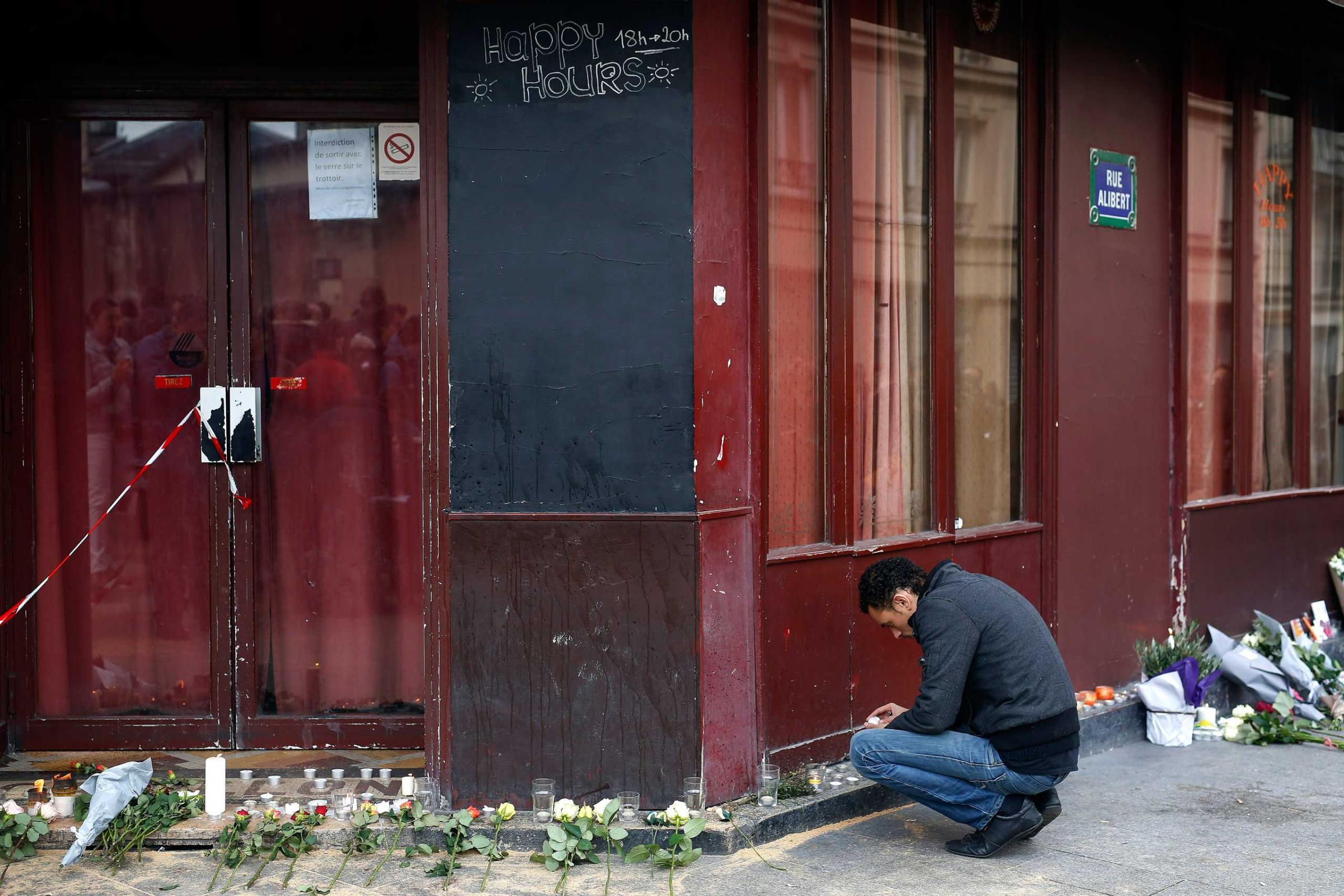
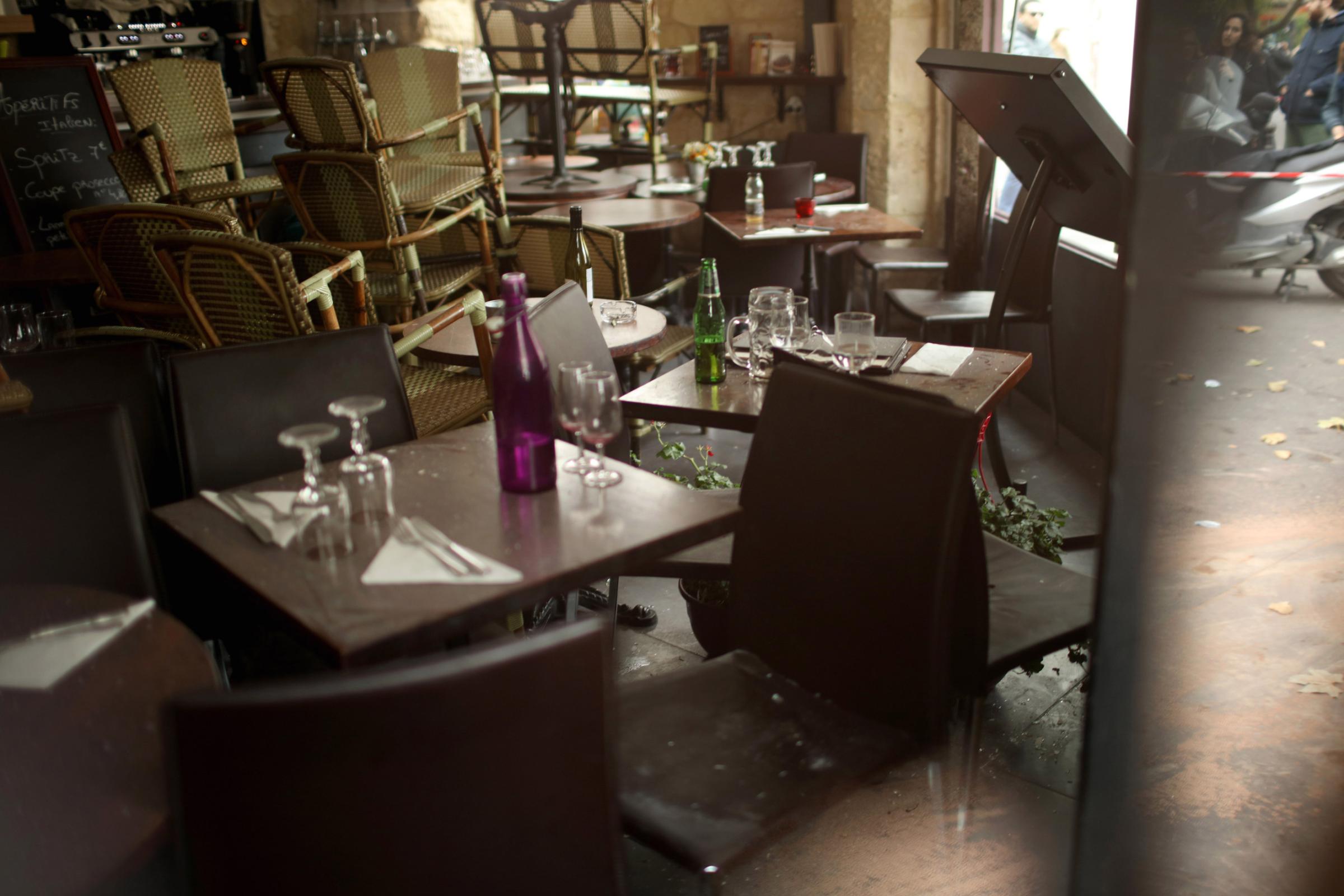
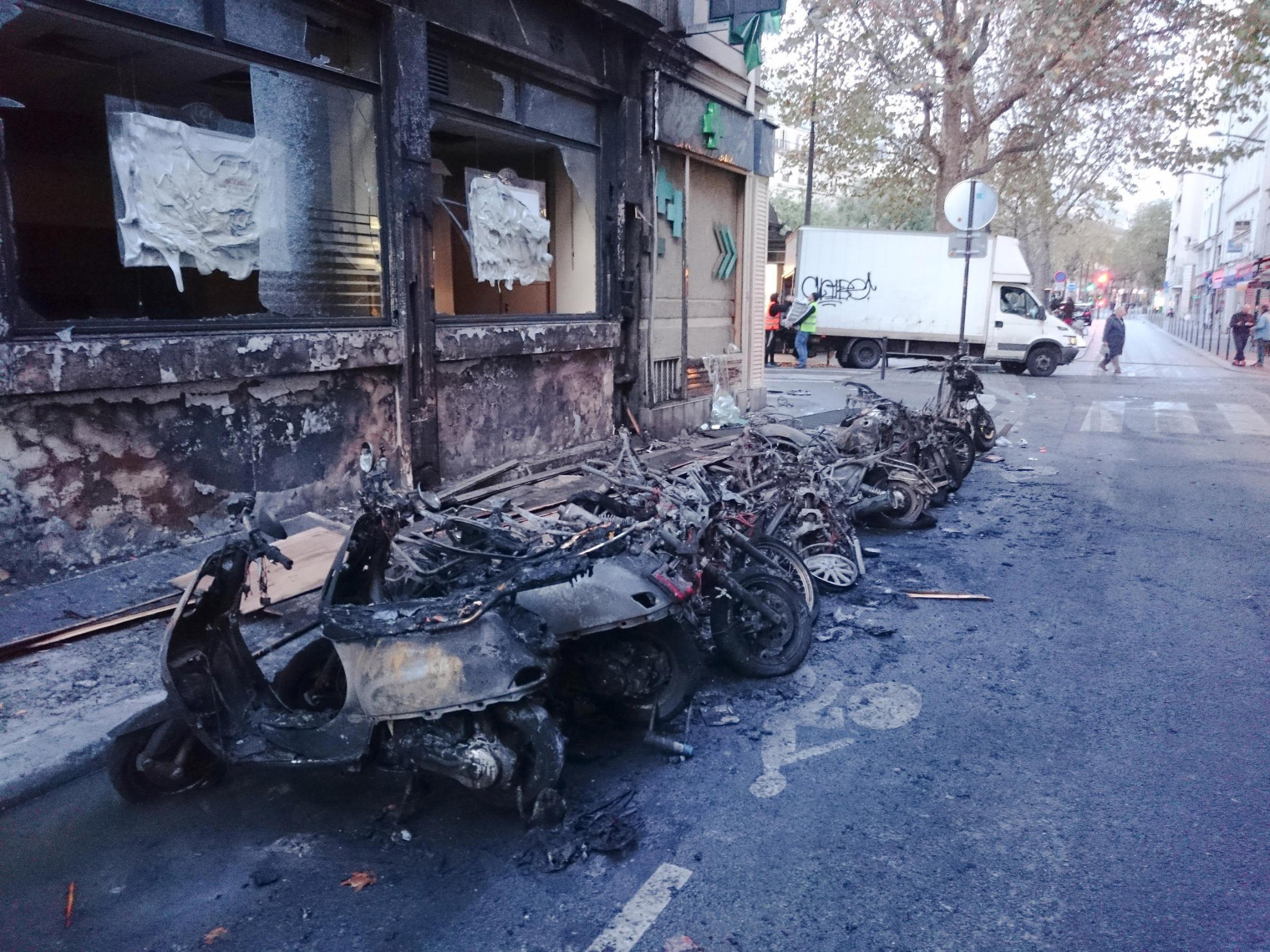
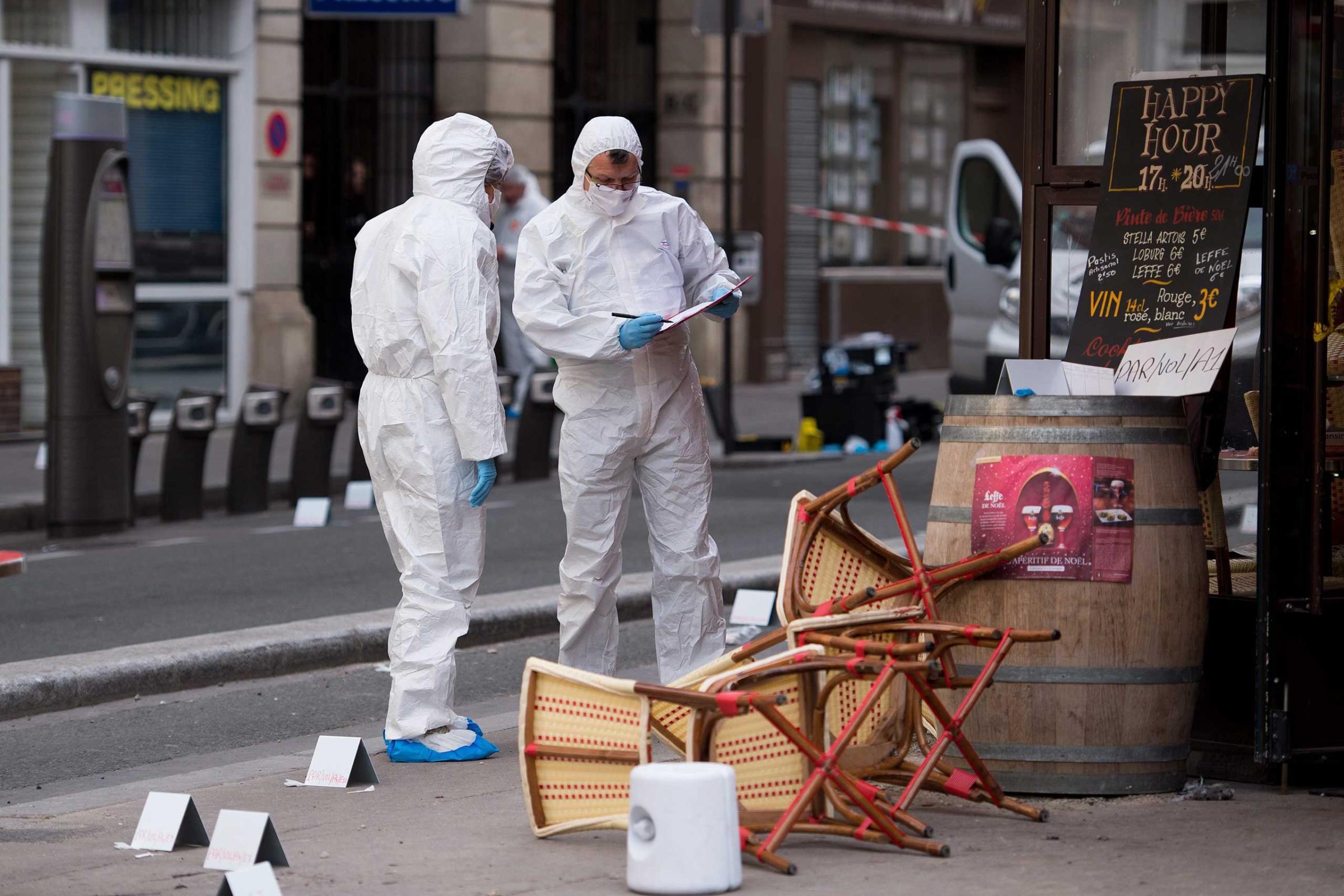
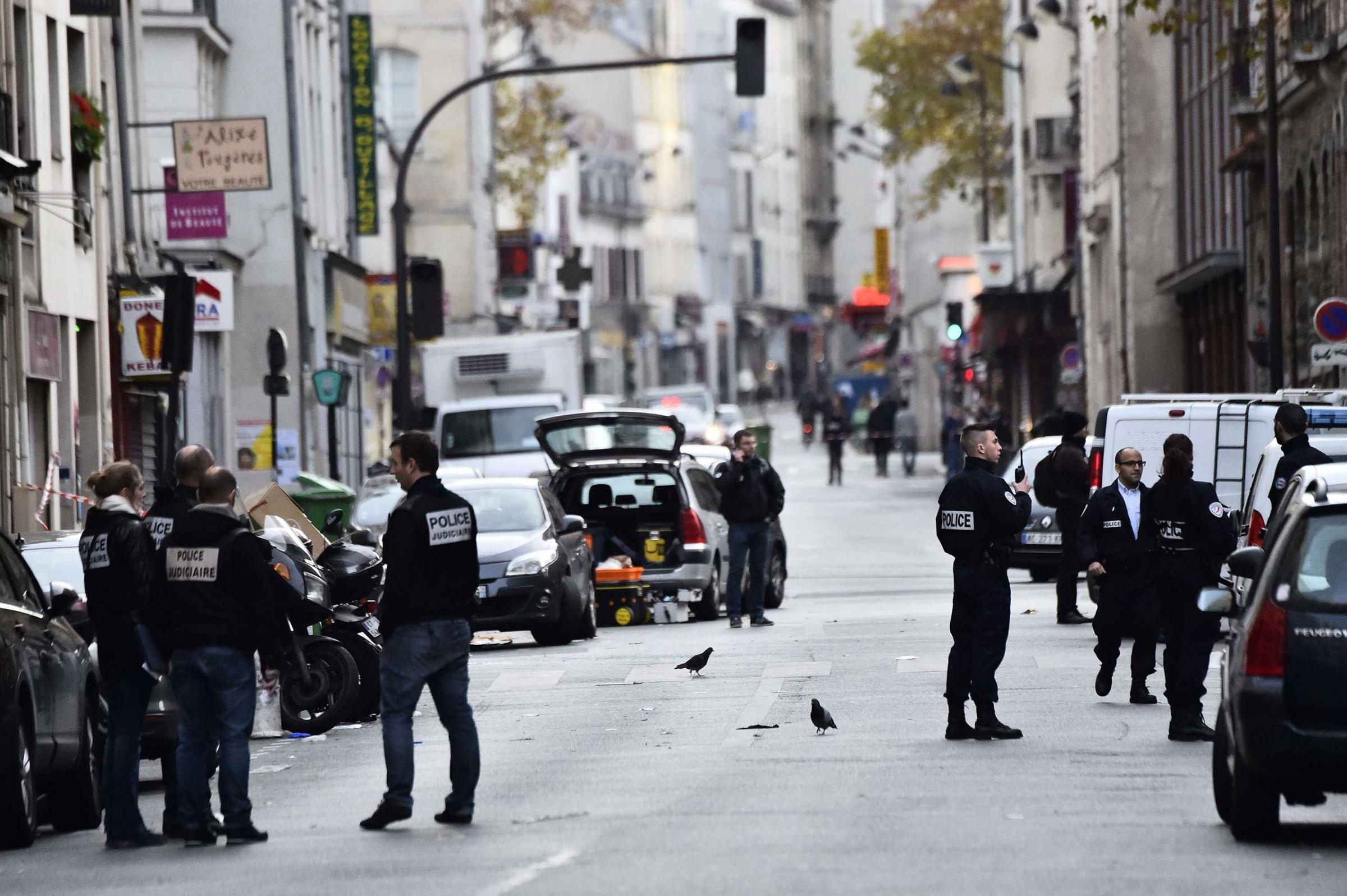
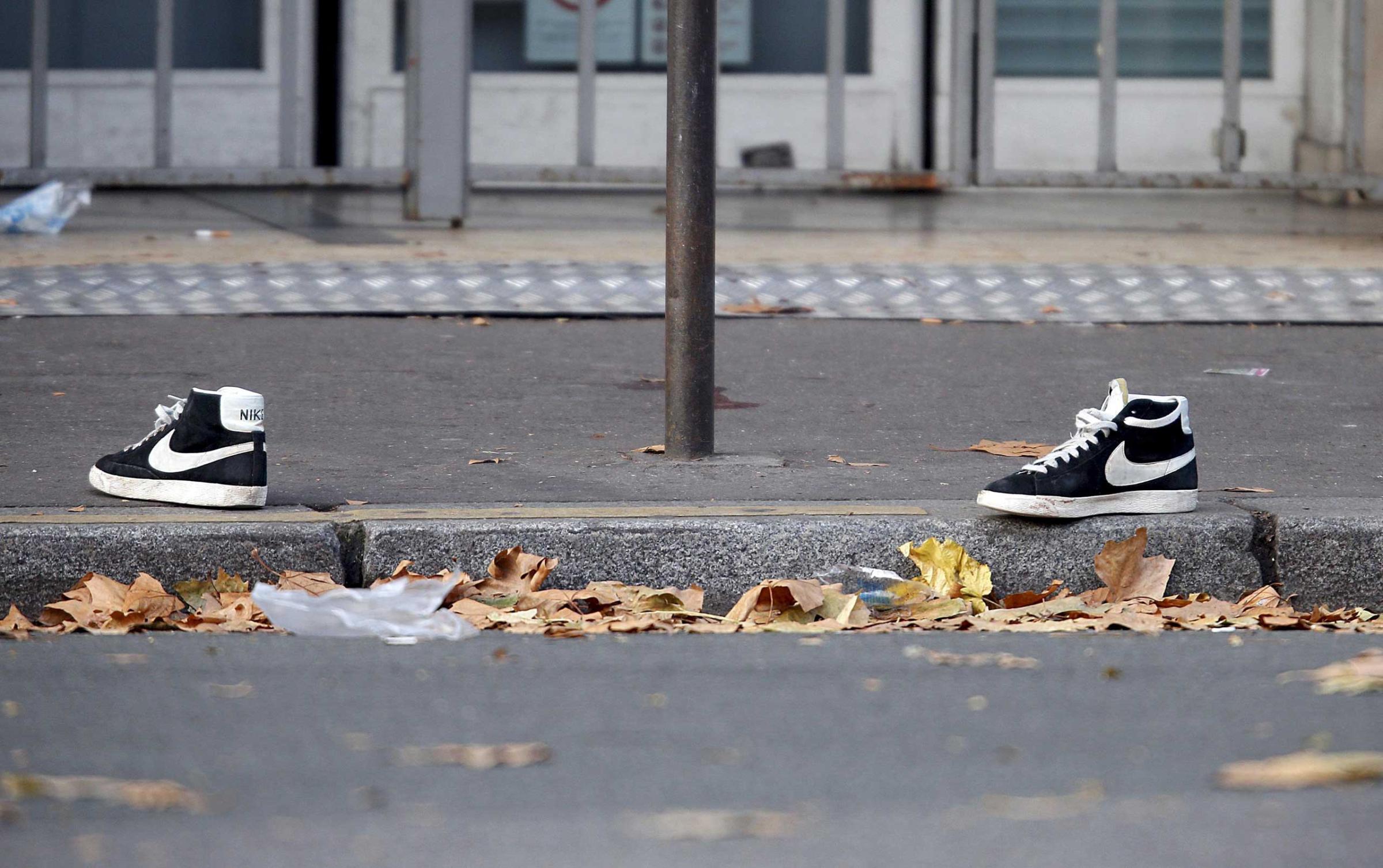
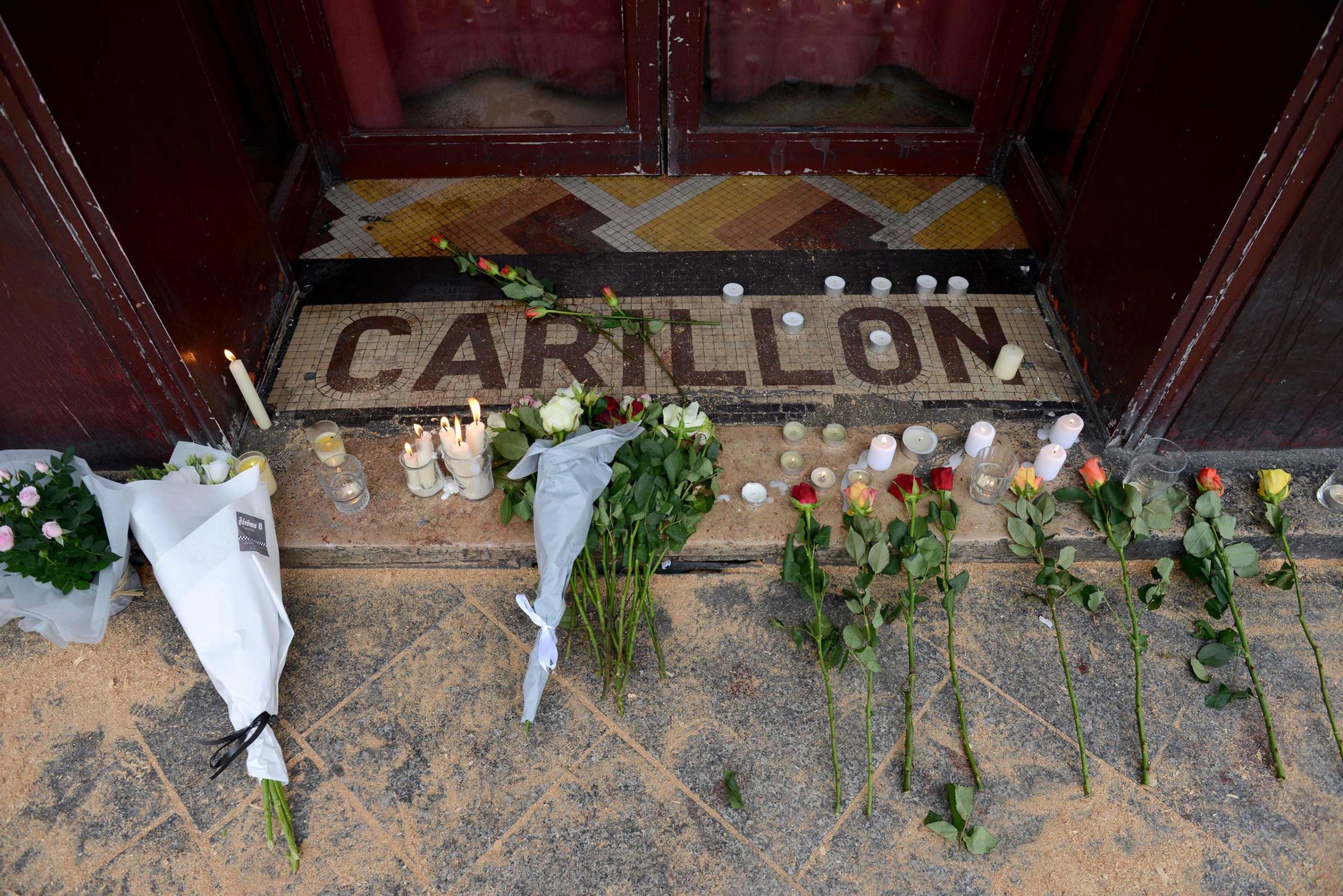
France joined the military coalition against ISIS later than the U.S., launching its first strikes against the terror group in Syria in late September, nearly nine months after the Charlie Hebdo attacks. That was despite the fact that French intelligence officials believe about 1,500 French citizens have traveled to Syria to fight with jihadist groups. On Saturday, the popular local tabloid Le Parisien headlined its paper with the words, “This time, it is war”—a reference to the fact that Friday’s attacks were vastly more devastating than those in January.
In a statement on Saturday, written in French, the Islamic State of Iraq and Greater Syria (ISIS) claimed responsibility for the attacks, making it clear that France was one of its top targets, and that it had carefully chosen the locations for the assault. The stadium, hosting a major soccer match against Germany (which Hollande was attending) and the concert hall, sidewalk cafés and restaurants of Paris’s eastern 10th and 11th districts were all packed with people having fun on the weekends—what ISIS called in its statement “a party of perversity.”
Molins said three French citizens involved in Friday’s attacks appeared to have switched cars from the rented Belgian vehicle to another car, presumably to drive back to Belgium, where all of them had been living. As the Belgian connection to the Paris attacks became clear, Belgian police raided the Molenbeek neighborhood in Brussels, arresting three men suspected of aiding in Friday’s operations.
The death toll of 129—already the biggest peacetime attack in memory in France—could well rise in the days ahead. Molins said 99 people were “extremely seriously injured.” Among the victims was Nohemi Gonzalez, 23, a student at the California State University in Long Beach, who was in Paris on a semester abroad program. At least 352 people were injured in the attacks.
The White House also weighed in on the attacks after a briefing Saturday, confirming there “no specific or credible threat to the United States” and noting that no U.S. information contradicts the French assessment that ISIS carried out the Paris attacks. The administration also said it was reviewing its homeland security posture.
Throughout the day relatives of those killed or missing arrived at the Paris morgue, a red-brick building set on the right bank of the Seine River. In the confusion, many searched all day with no success. Frantic and fearing the worst, some still had little word by the time dusk fell on Saturday evening. Yves Berton Cini said police had called family members at 5 a.m. to say his brother-in-law was alive; the man was the Bataclan concert when the suicide bombers stormed the hall. “We’ve been searching all day, going to hospitals,” Cini said, as he left the morgue Saturday evening. “He is not on any list.”
Photos: Fatal Shootings, Explosions Rock Paris
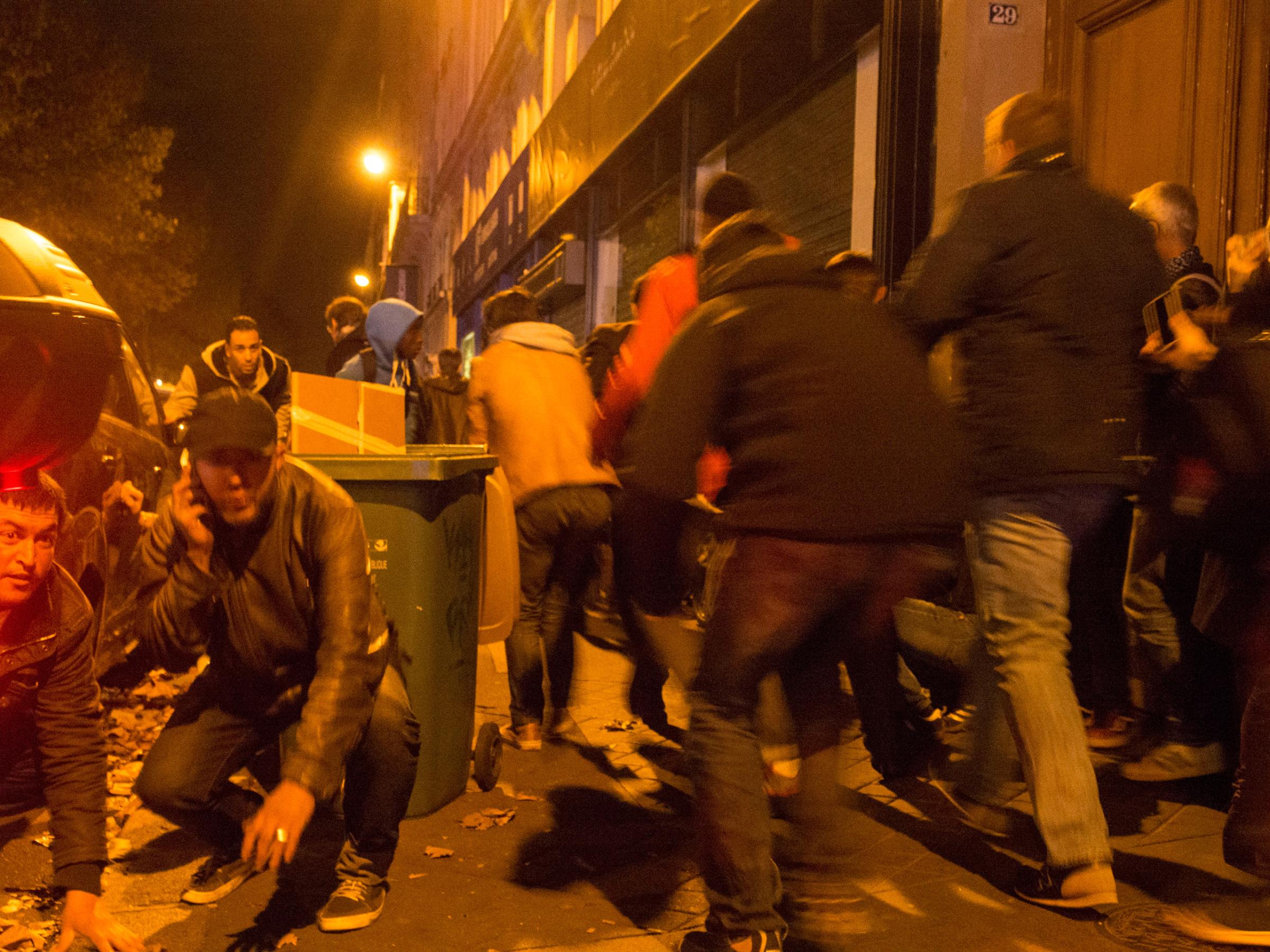
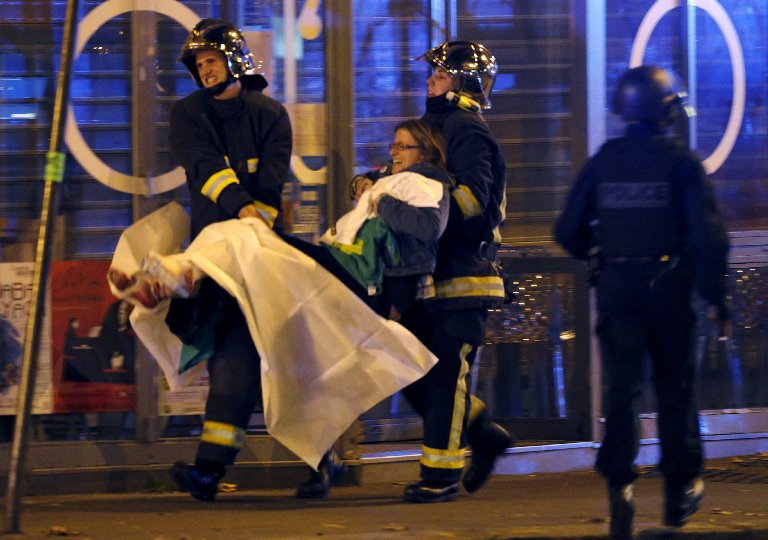
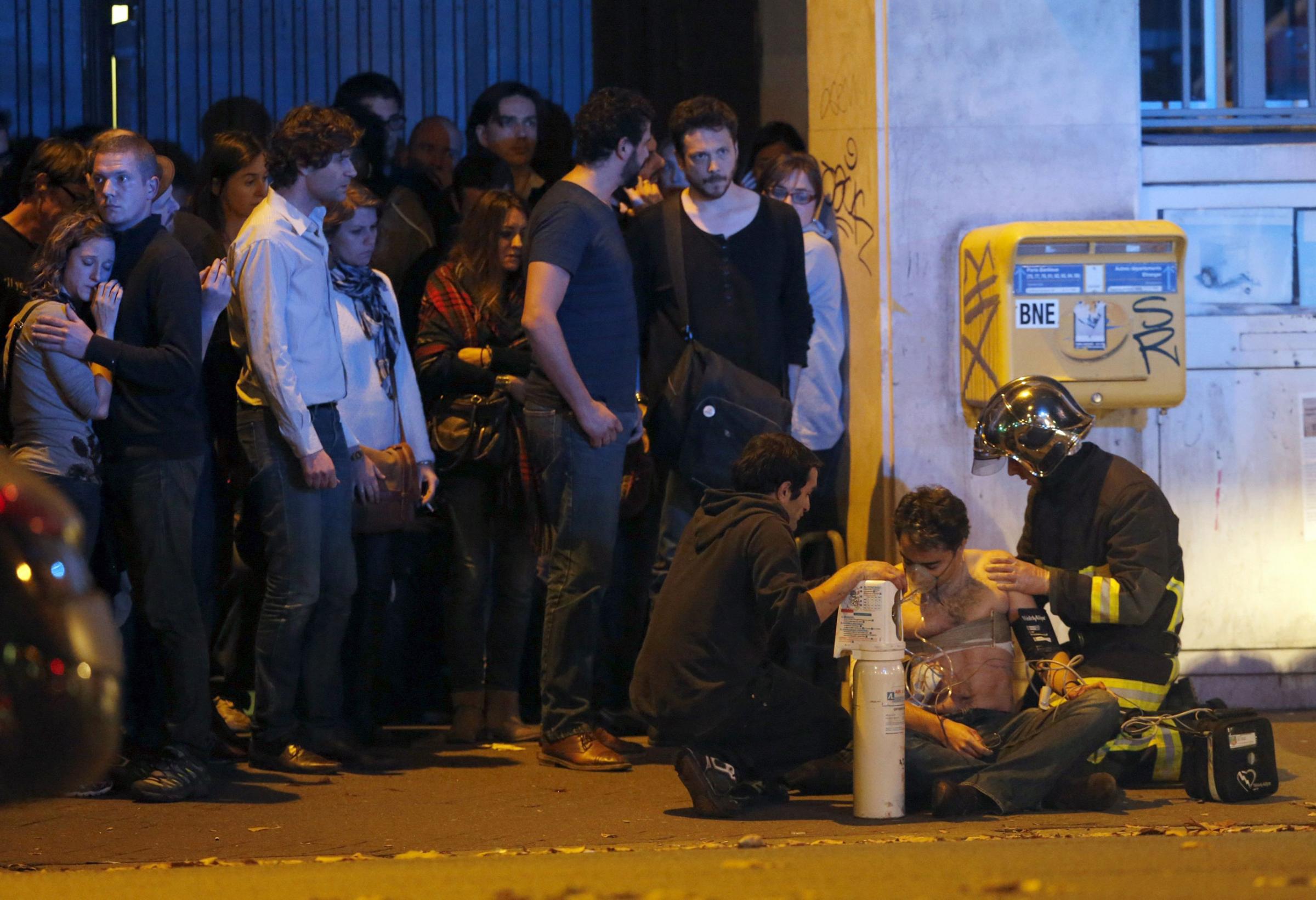
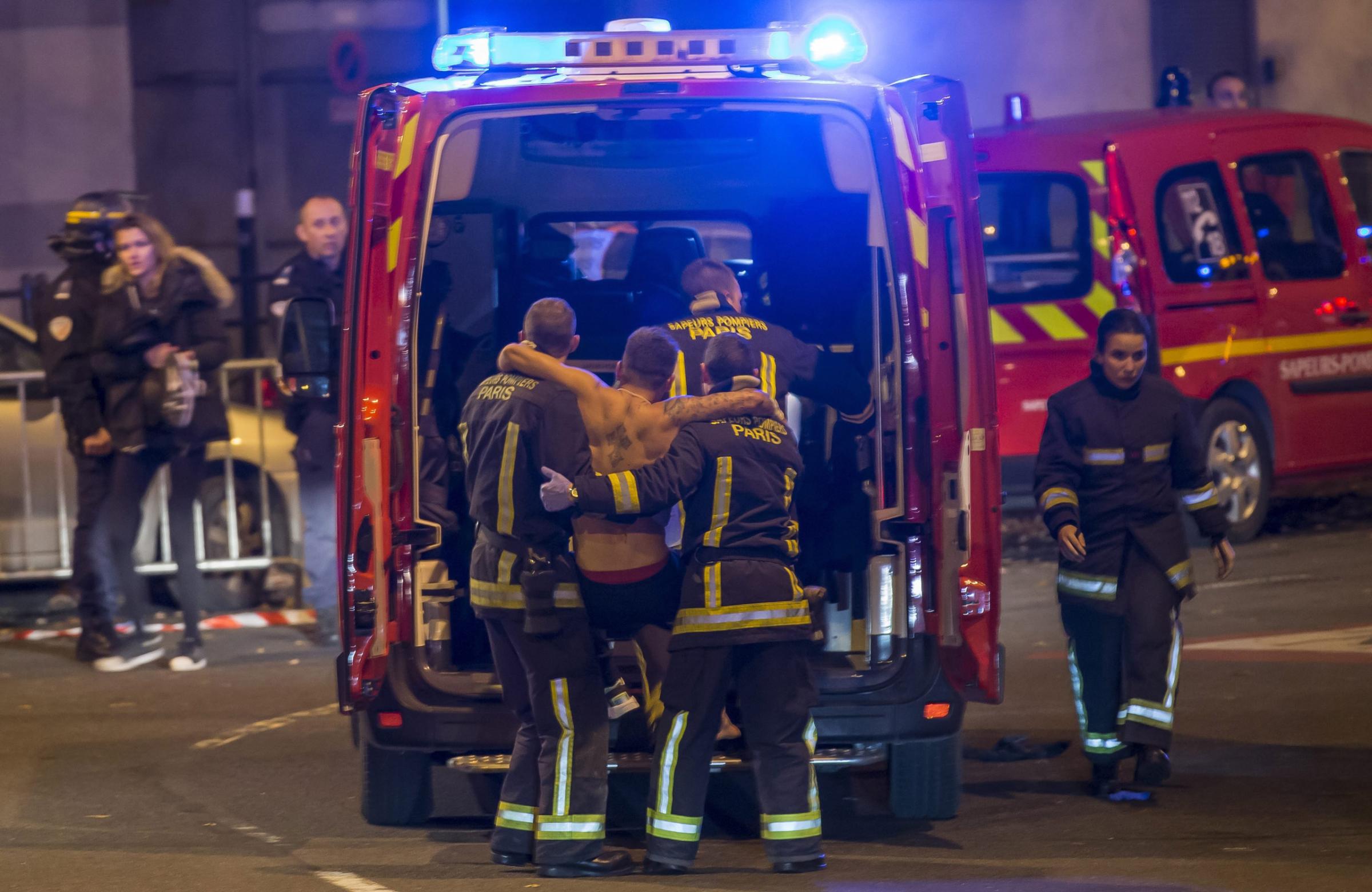
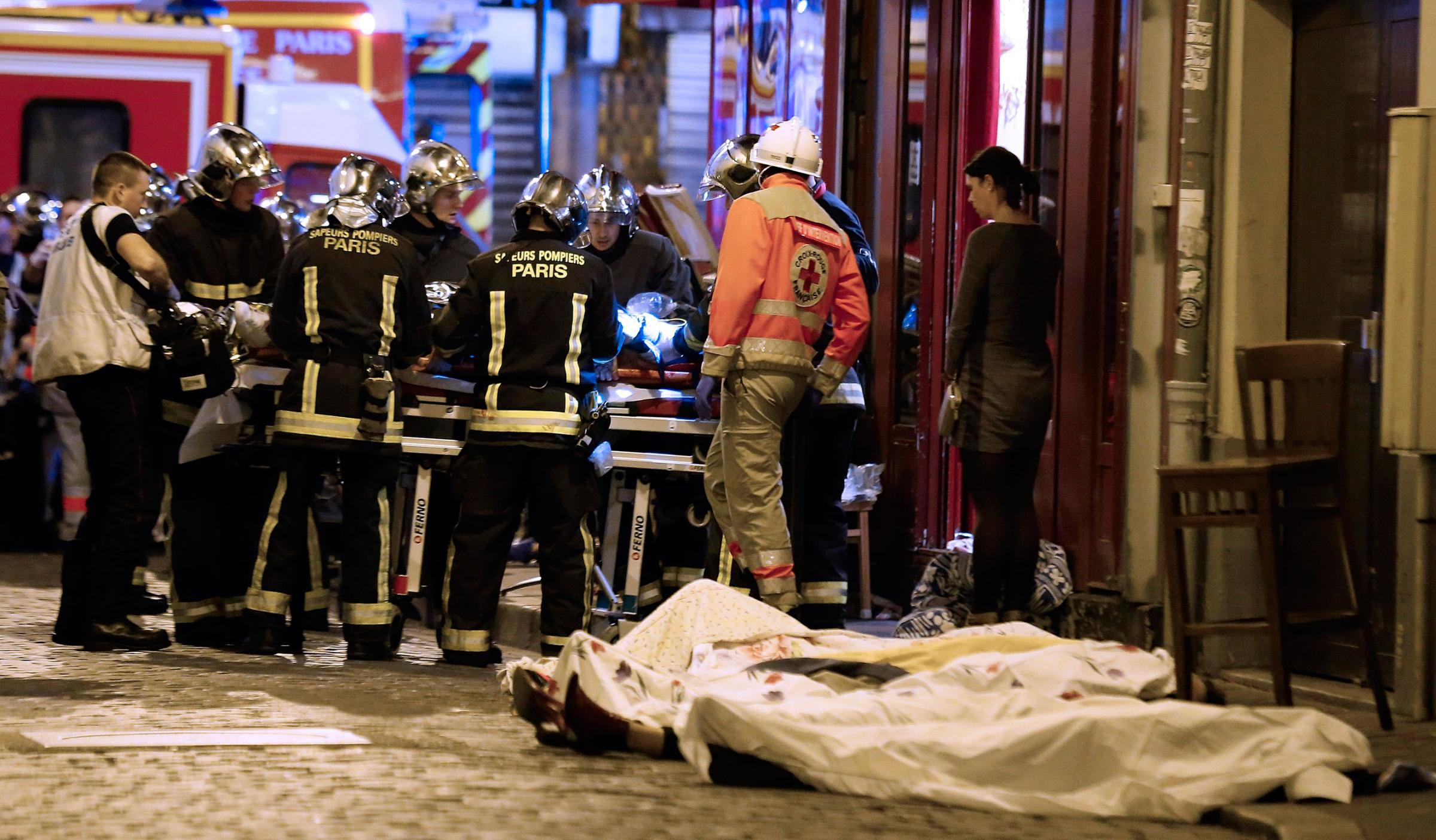
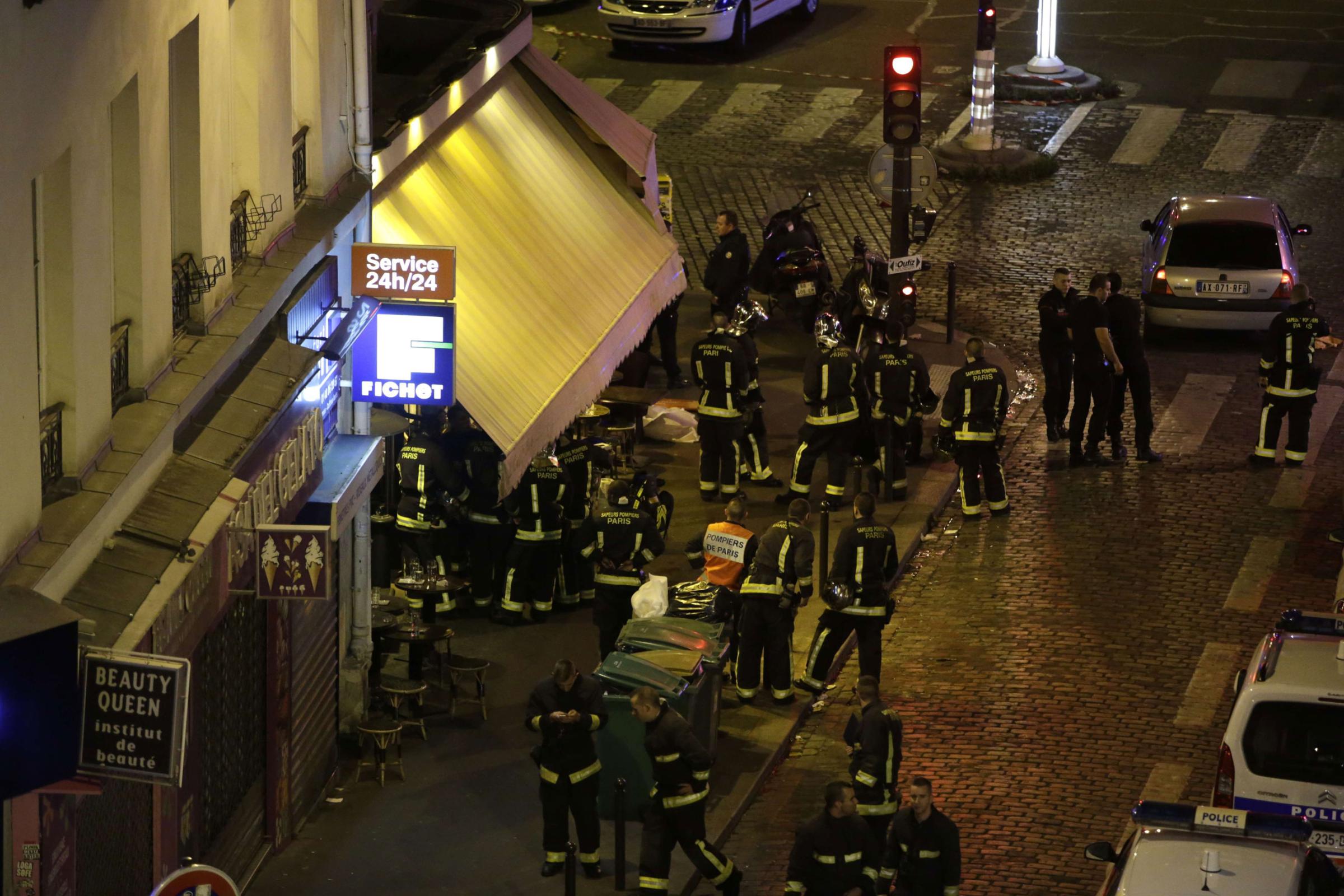
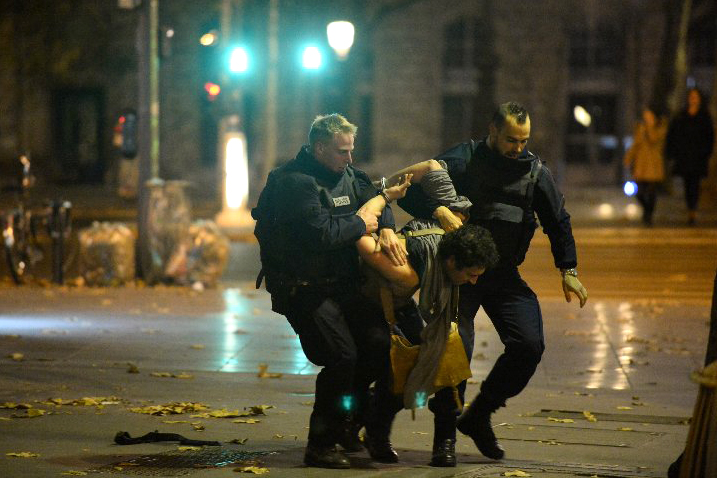
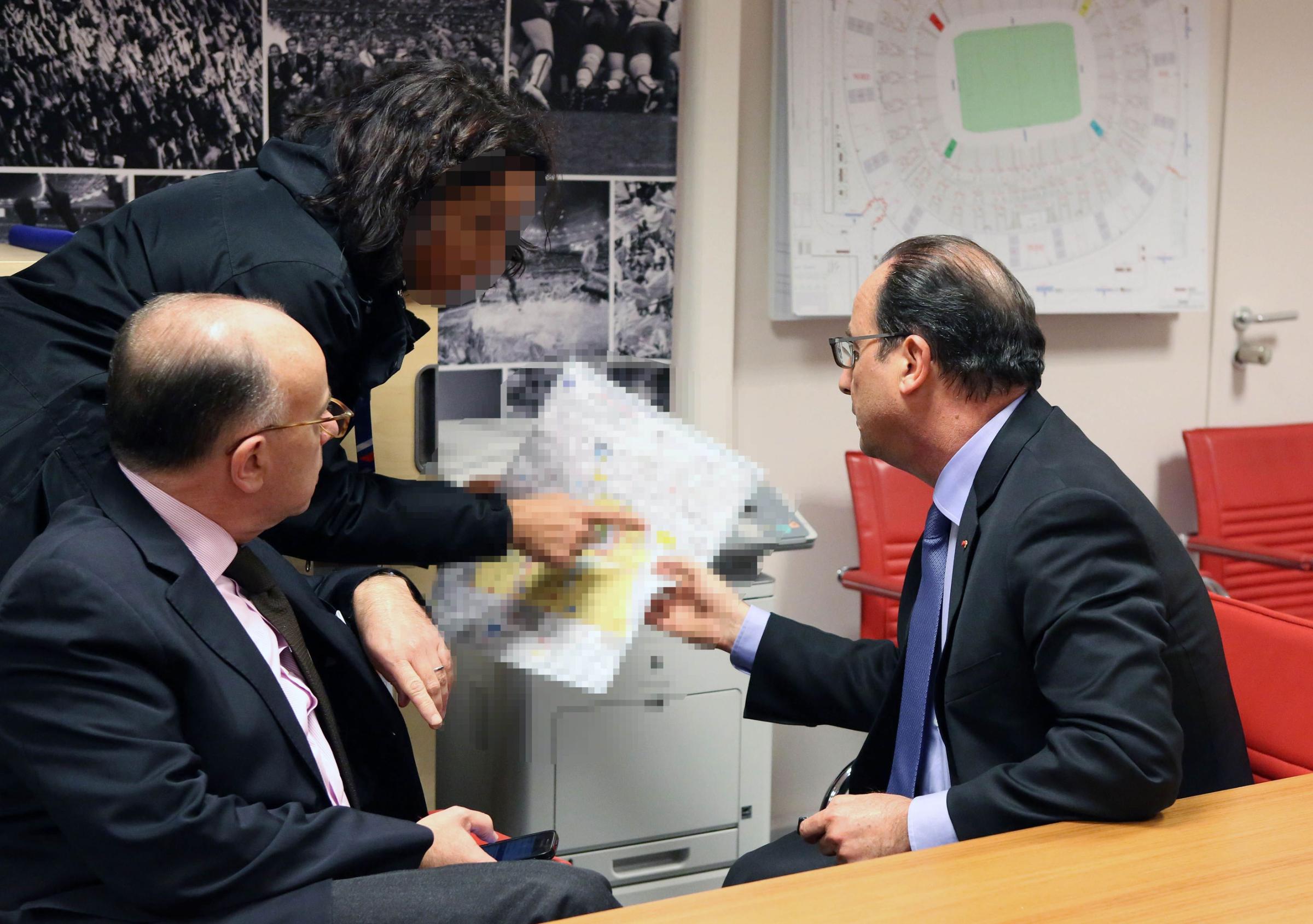
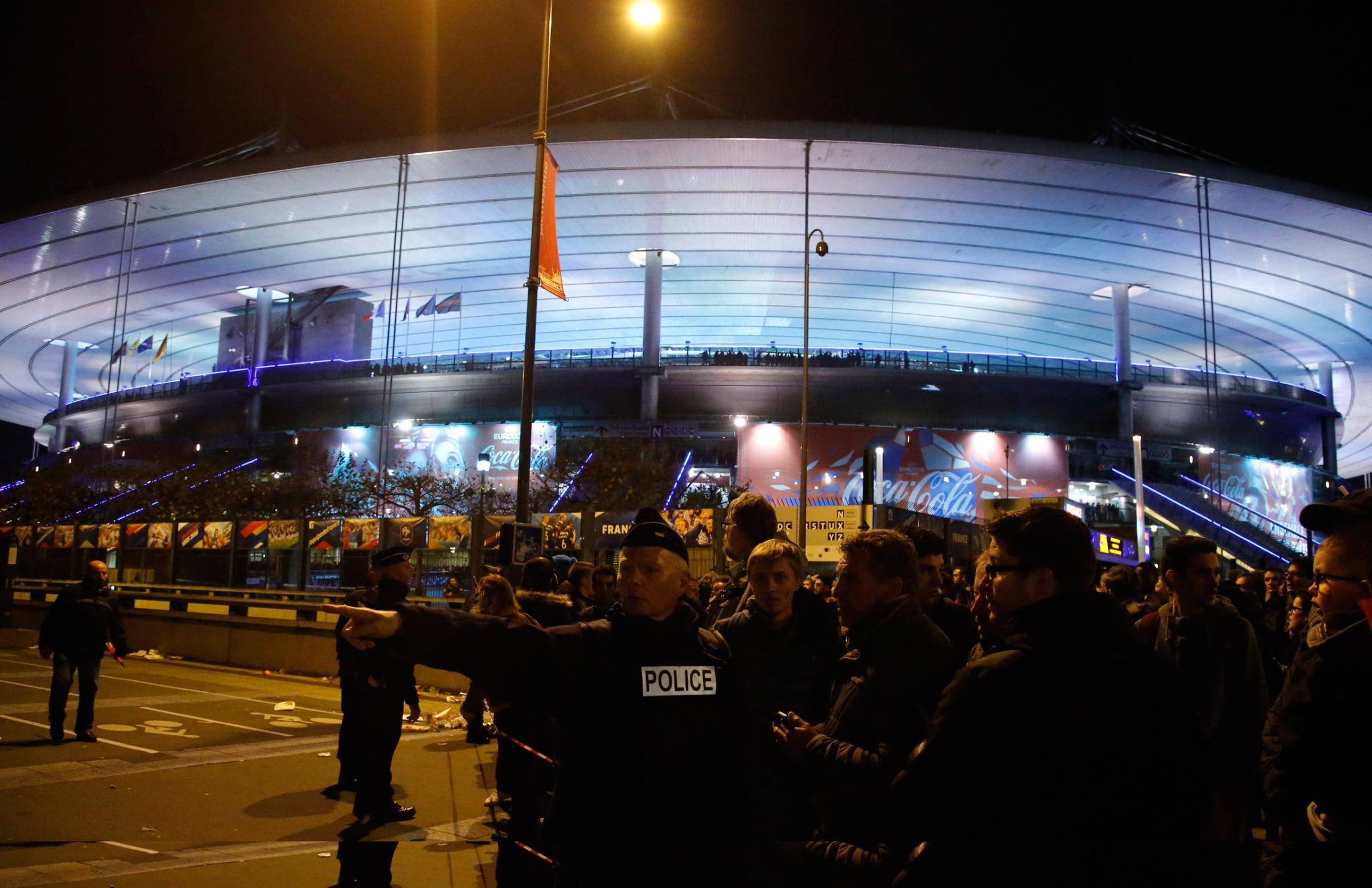
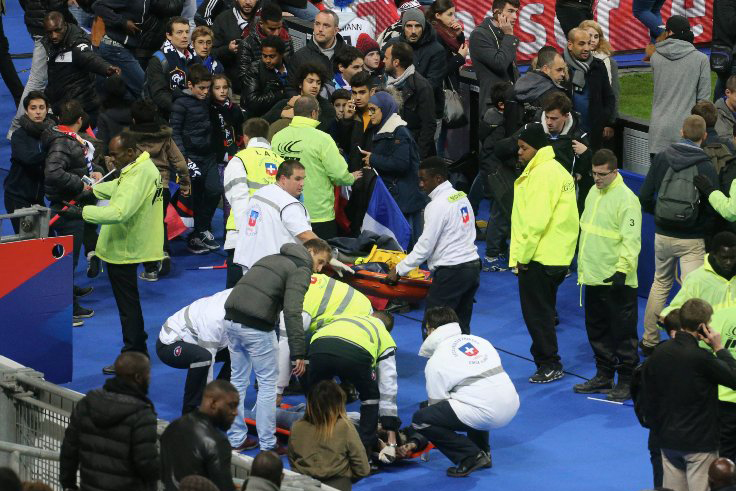
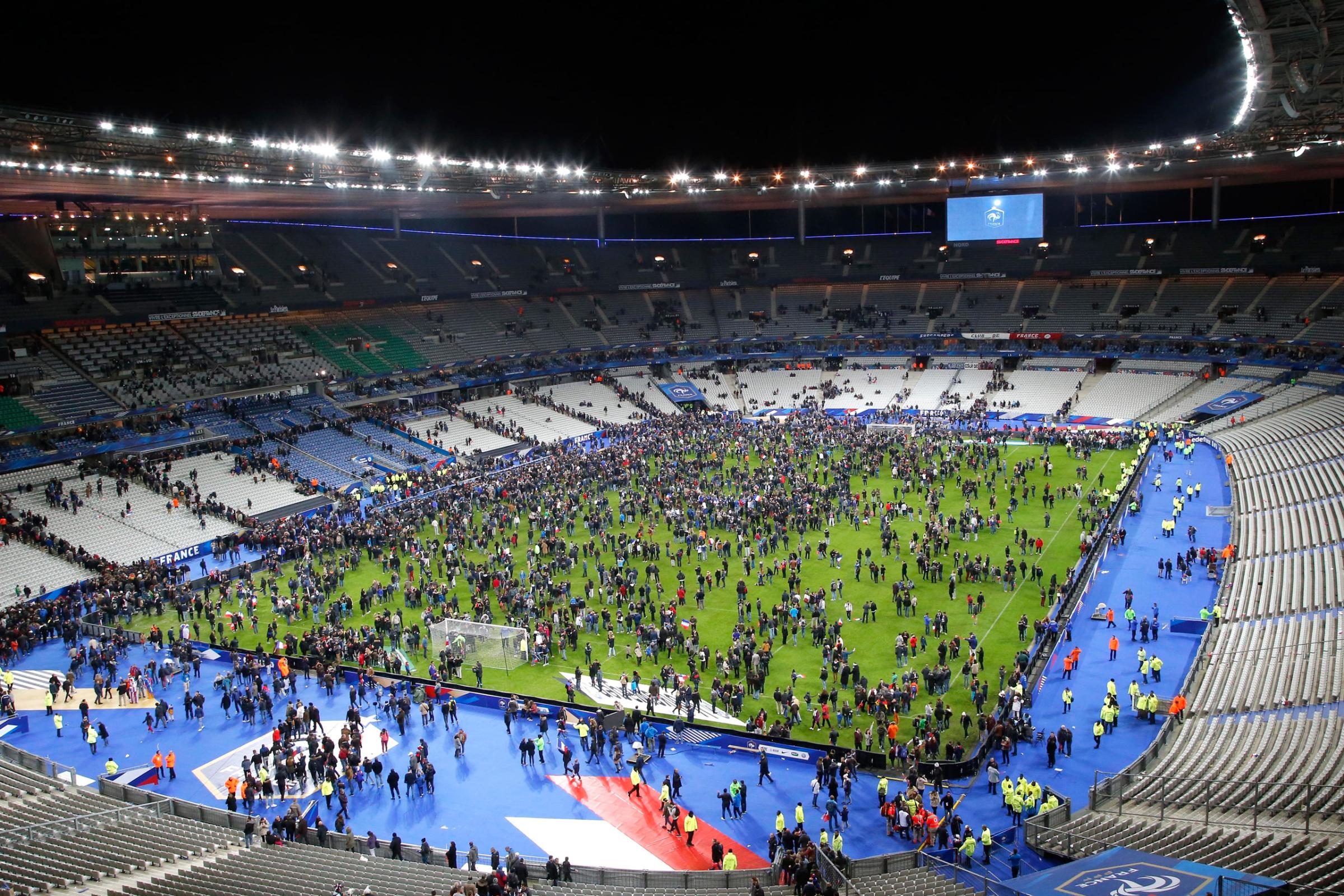
More Must-Reads from TIME
- Caitlin Clark Is TIME's 2024 Athlete of the Year
- Where Trump 2.0 Will Differ From 1.0
- Is Intermittent Fasting Good or Bad for You?
- The 100 Must-Read Books of 2024
- Column: If Optimism Feels Ridiculous Now, Try Hope
- The Future of Climate Action Is Trade Policy
- FX’s Say Nothing Is the Must-Watch Political Thriller of 2024
- Merle Bombardieri Is Helping People Make the Baby Decision
Contact us at letters@time.com